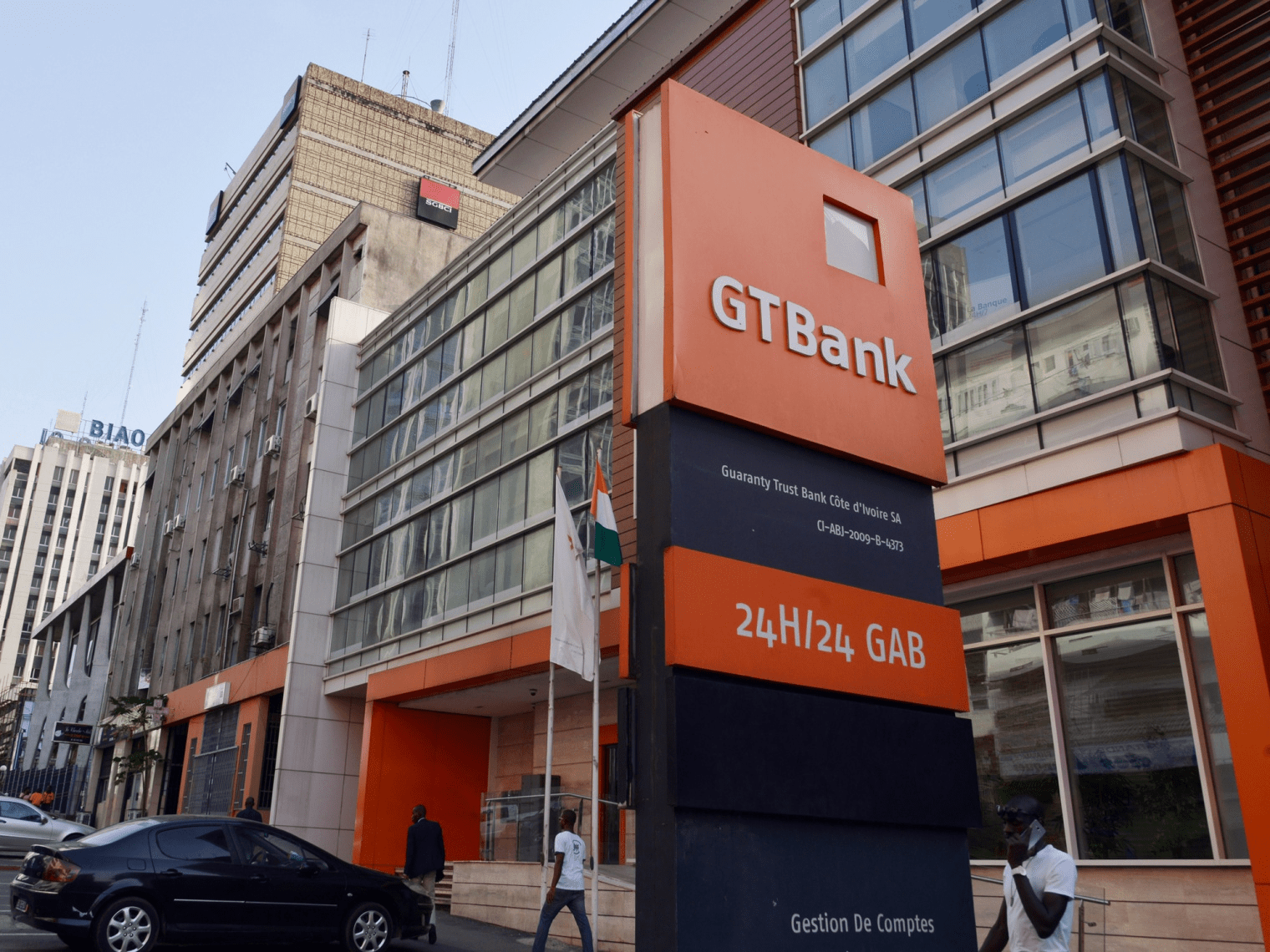•What this milestone means for Nigeria’s economy
James Emejo in Abuja
In the one of the most cheering news from Nigeria in recent times, the country’s gross Foreign Exchange Reserves increased yesterday (August 21, 2025) to $41.05 billion, the highest level in over 44 months, demonstrating the continued improvement in macroeconomic indices in recent times.
Even as the apex bank is targeting to build the country’s external to an impressive $100 billion.
A day before, external reserves rose to $41 billion from $40.96 billion on August 18, 2025, showing less volatility over the past one month.
Compared to about $40 billion, announced by the Central Bank of Nigeria (CBN) Governor, Mr. Olayemi Cardoso, as at July 18, external reserves had increased by about 2.62 per cent to date.
The current movement in reserves represented the highest level recorded since December 3, 2021, and has continued to maintain the upward trajectory in recent weeks.
Essentially, FX reserve movements are particularly crucial for economic stability, currency strength, import capacity, debt management, and overall investor confidence. Changes in the reserves could signal economic stress or health.
Amid huge debt service obligations, and revenue challenges, the stability in external reserves movement, coupled with a marked deceleration in inflation rate as well as Naira’s relative stability offer renewed hope for the country about better days ahead.
The development further attests to the position of the central bank’s management team that monetary policy actions are so far headed in the right direction.
Senior officials of the bank told THISDAY last night that the long term goal of the apex bank is to raise the country’s external reserves to at least $100 billion to further strengthen the economy and remove the toga of ‘fragility’ often associated with it.
Recall that during the last Monetary Policy Committee (MPC) meeting in July, Cardoso had attested to the sustained stability in the foreign exchange market, accentuated by improved capital flows, earnings from increased crude oil production, rising non-oil exports and significant reduction in aggregate imports.
He said: “That clearly is a reflection of the way that the international investors view the banking system, and I was again very privileged to have a conversation with a good number of them about three or four weeks before this listing took place.
“And really and truly, a lot of interest, I must say, there is a lot of interest internationally, on putting money on the Nigerian financial system.
“The key thing is that we as regulators will continue to play our part to ensure that the system and the players and the actors continue to do what we are doing, creating resilience, creating buffer, and, of course, playing by the rules, because that is so important for those who are looking to invest that they can believe and they trust in you.”
What This Milestone Means for Nigeria
With over $41 billion in the kitty, the external reserves now offer fresh hope for the country’s fragile economy and currency market. The increase reflects improved oil receipts and tighter management of foreign exchange inflows, and could serve as a stronger buffer for the naira at a time of heightened economic pressures.
External reserves, which represent the stock of foreign currencies and assets held by the CBN, are critical for meeting the country’s import needs, servicing external debt, and stabilising the naira.
Recall that when Cardoso took office in September 2023, the CBN had very low net reserves, especially once short-term obligations like heavy forwards and swaps were deducted from gross reserves.
By the end of 2023, it was disclosed that Nigeria’s net FX reserves were just $3.99 billion, meaning that although gross reserves looked healthy, the usable net reserves was less than $4 billion.
Under Cardoso’s policies, that figure has now risen sharply after the payments of the swaps and forwards, including debts owed foreign airlines, which allowed them to resume operations.
Although it’s still unclear what the net reserves are presently, it is a lot higher than what Cardoso inherited, since for instance over $7 billion forwards were knocked out of the arrears. This means that the exchange rate will be a lot more stable, investors’ confidence will return, while there will be free entry and free exit into the Nigerian economy.
“This is because people know that when they bring their money to Nigeria, they can take it away whenever they want. This is further reflected in the fact that even banks have started allowing people to use Naira-funded debit cards abroad. Besides, school fees are now easier to pay for parents who have their wards outside the shores of Nigeria.
“So there are so many gains. Investors can come even quietly, because they can also go quietly. So these are some of the benefits for the foreign exchange market,” a source told THISDAY yesterday.
With reserves now at over $41 billion, Nigeria is in a stronger position to defend its currency against speculative attacks, provide liquidity to the foreign exchange market, and meet international obligations without putting undue strain on the economy.
The development comes against the backdrop of reforms introduced by the CBN to unify the exchange rate and attract more inflows into the official market. Oil, Nigeria’s major source of foreign earnings, has also benefitted from relatively firm global prices, while recent efforts to curb oil theft have supported higher output and revenues. These factors have combined to push reserves to their current level, a figure not recorded in recent years.
Besides, market watchers believe the improved reserves will help restore investor confidence in Africa’s largest economy, which has struggled with foreign exchange shortages and high inflation.
“With $41 billion in reserves, Nigeria has a stronger capacity to intervene in the market and smooth out volatility. It also reassures foreign investors that the country can meet obligations when due,” said a Lagos-based economist, who preferred anonymity.
The reserves build-up also carries wider implications for the economy. A stronger buffer could reduce the risk of currency depreciation, slow inflationary pressures caused by a weak naira, and improve the country’s credit profile in the eyes of international lenders and rating agencies. This could, in turn, lower borrowing costs for the government and attract more capital inflows.
However, experts caution that the sustainability of the new reserve level remains uncertain as Nigeria’s heavy dependence on oil revenue leaves it vulnerable to swings in global crude prices and production challenges at home.
In the same vein, any sharp drop in oil receipts, or renewed pressure on the foreign exchange market, could quickly erode the gains. They also stress that building reserves is only part of the solution.
The country needs to diversify its economy, boost non-oil exports, and reduce reliance on imports that drain foreign currency. Structural reforms, they argue, are necessary to ensure that the gains from higher reserves translate into long-term economic stability.
The post CBN Hits 4-year High External Reserves of $41.05bn, Targets $100bn appeared first on THISDAYLIVE.


